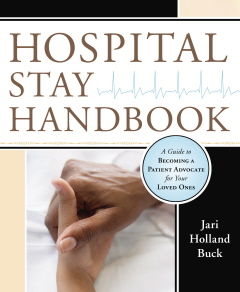This past week, there were a number of news stories highlighting an article posted in the February 20th issue of the
Journal of the American Medical Association. In it, researchers verified that "hospital patients who have the misfortune of suffering cardiac arrest [and stroke] at night or on the weekend are less likely to survive than those who have a heart attack during weekdays or weekday evenings... The immediate cause of poor survival on nights and weekends may be one of timing: either there is a delay getting critical procedures or a delay in diagnosing the cardiac arrest in the first place. 'We're literally talking about a difference in seconds, which makes a significant impact,' said Beth Mancini, associate dean of Undergraduate Nursing Programs at the University of Texas at Arlington. "It's time for hospitals to look critically at their processes'... Overall survival was 14.7 percent for nights/weekends, and 19.8 percent for weekdays."
These findings certainly validate my personal experience. Over the eight months of my husband's hospitalization, virtually every time there was an emergency on a "night, weekend or holiday," problems arose. Two of the most notable problems included:
- refusal to call critical personnel at home on Thanksgiving;
- 1 nurse to 16 patient nursing coverage on Mother's Day.
While neither of these or any other "night, weekend or holiday coverage" cost my husband his life, many could have had I not provided 24/7 advocacy coverage. One of the most interesting things about "night, weekend or holiday coverage" is that these are the times when nursing staff inevitably tell you to "go home and rest." Given the above findings and my experience, these are the times where we need to be absolutely certain there is someone present to be with the patient. While nurses are caring individuals and undoubtedly mean it when they encourage you to "get rest," this is NOT the time to do so! Stand your ground and stay by your patient's side during these periods of vulnerability else your rest cost your patient his/her life."


No comments:
Post a Comment